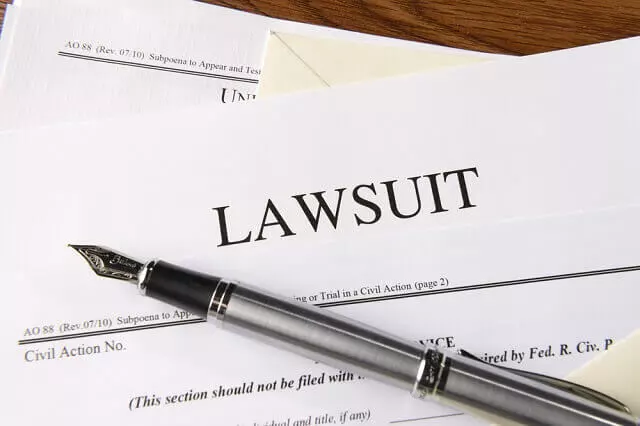
The family of the woman struck and killed in Tempe, Arizona by a self-driving car last year has filed a Notice of Claim, which is a precursor to a lawsuit, against the City of Tempe, seeking $10 million. The lawsuit will seek $5 million each for the victim’s daughter and husband.
Elaine Herzberg, a 49-year-old, was the first person in the United States to be killed by a driverless vehicle. On the night of March 18, 2018 Herzberg was struck by a self-driving Uber, which was traveling at a rate of 40 mph, as she walked a bicycle across the road outside the crosswalk. The safety driver behind the wheel was streaming a television show through Hulu on her phone, causing her eyes to be diverted just before the accident. Shortly after the accident, Arizona Governor Doug Ducey ordered the ride-sharing company to stop its autonomous-mode driving tests. The family reached a private settlement with Uber shortly after the accident occurred. The details of that settlement have not been released.
The vehicle’s software reportedly detected Herzberg as an obstacle but took too long to recognize that it needed to brake. Uber had disabled the vehicle’s built-in automatic emergency braking systems. According to a report by the National Transportation Safety Board, the system initially misidentified Herzberg as a vehicle.
The lawsuit makes the claim that Tempe was negligent when it set up a median where the accident occurred that contained an X-shaped “brick pathway cutting through the desert landscaping that is clearly designed to accommodate people to cross at the site of the accident.” After the fatal accident, the city changed the design and removed the pathway. The pathway was replaced with various types of landscaping which acts to discourage jaywalking.
The claim alleges that the City of Tempe is liable because there was a brick pathway designed to accommodate people to cross at the site of the accident and the City failed to do three things:
- Provide a crosswalk;
- Properly light the area; and
- Provide additional modifications that would have allowed safe crossing.
The claim goes on to say that Tempe “knew or should have known that pedestrians would use the break in the median to cross the street.”
A spokeswoman for the City of Tempe said that the city will not comment on pending litigation; however, she confirmed that Tempe has not responded to the claim and that it was made around the same time that Tempe replaced the walkway with landscaping.
After the fatal accident, Uber suspended all driverless testing in cities across the United States. Nine months later, it resumed testing in Pittsburgh, Pennsylvania. This follows the Pennsylvania Department of Transportation’s decision to authorize Uber to put its autonomous vehicles on public roads. Under this relaunch, Uber is placing new rules on itself, including the requirement of having two trained employees in the vehicles. The company also said the automated emergency braking system will remain active.
